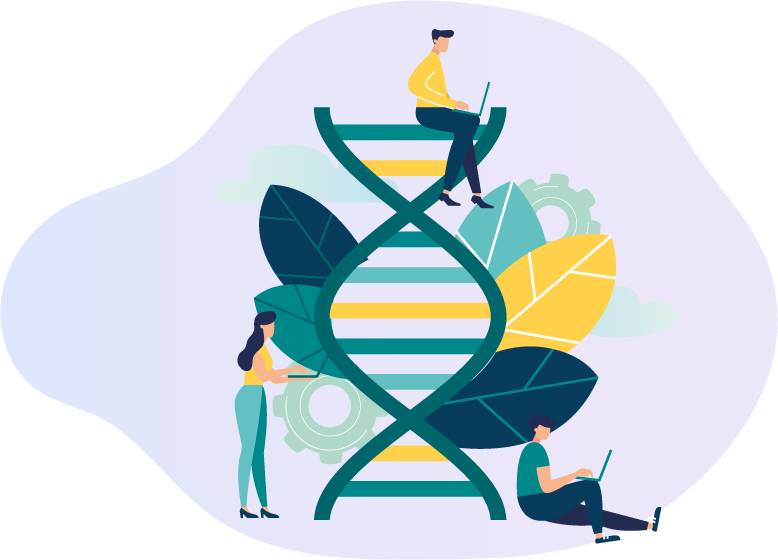Who's an Environmental Scientist?
Pollution and global warming have raised a lot of concern in recent times. We need individuals who are aware and determined to contribute towards a healthy planet. If you want to play a role in fighting environmental damage, then environmental scientist is the right career option for you. An environmental scientist studies the science of natural resources and the impact of human activity on the environment. As an environmental scientist, you’ll conduct scientific research to prevent and solve environmental issues caused by human activities, such as pollution, industrial waste, climate change, public health issues among other major issues.
What will you do?
Discover your Ideal future
Get expert guidance and mentorship towards your perfect fit.
Where will you work?
How do you get there?
What skills would you need?
How do you make it to the top ranks?
Intern
You can work under the supervision of a reputed environmental scientist in an organisation or private laboratory to strengthen your abilities for a successful career in the field.
Junior Environmental Scientist
You can start your career as a junior or assistant scientist after obtaining the necessary qualifications. Your major role would be to contribute to the research and assist the senior environmental scientist in carrying out projects.
Mid-level Environmental Scientist
After attaining the necessary knowledge, you can secure the position of a research scientist. As a research scientist, you’ll be responsible for doing research and supervising junior scientists.
Senior Environmental Scientist / Researcher
After 8-10 years of experience, you may be promoted to the position of a senior environmental scientist. As a senior environmental scientist, you’ll have more duties, such as lab administration, and monitoring and supervising your team’s performance.
The colleges in India that offer degrees in environmental science are located in almost every state. You can pursue a B.Sc/M.Sc in Environmental Science from top colleges/universities like Amity University (Kolkata), Savitribai Phule Pune University (Pune), Fergusson College (Pune), Delhi University (Delhi), Ramnarain Ruia College of Science and Arts (Mumbai), B.K. Birla College (Mumbai), etc. For a B.sc in environmental science, admissions in most colleges are based on merit, so scoring well in 10+2 is desirable. M.sc colleges have entrance exams for admissions like JNUEE for Jawaharlal Nehru University, BHU UET for Banaras Hindu University, DUET for Delhi University. The fee for these courses ranges from INR 20,000 to INR 3 lakhs.
Protection of the environment plays an integral role in every business and industrial venture. Under such circumstances, an environmental scientist is highly sought after in various sectors urban planning, corporate firms and agencies, mines and refineries, government PSUs, NGOs, etc.
You can pursue a degree in environmental science from universities like Stanford University (United States), Yale University (United States), Harvard University (United States), University of Oxford (United Kingdom), University of Toronto (Canada), Duke University (United States), among others, who offer undergraduate and postgraduate courses in environmental science. Apart from qualifying exams like TOEFL, IELTS, GRE, SAT, etc., colleges will have different criteria regarding the knowledge of the field. The fee ranges from USD 10,000 to USD 45,000.
In foreign countries, environmental scientists have an immensely vast scope. From consultancy and research to impact assessment and environmental activism, they are paid handsomely in all these fields.
How much would you get paid?
As an Environmental Scientist, your salary broadly depends on the area of your employment, the organisation you’re working with and your experience in the field. The pay scale for this job ranges from INR 20,000 monthly for an entry-level environmental scientist to INR 1 lakh monthly and above for an experienced environmental scientist.
What are your career options?
#CAREERREADY QUIZ
Think you know everything there is to know about this career?
Take the quiz to test your knowledge and find out how #CareerReady you are!
You got 1out of10right!
Discover your Ideal future
Get expert guidance and mentorship towards your perfect fit.







